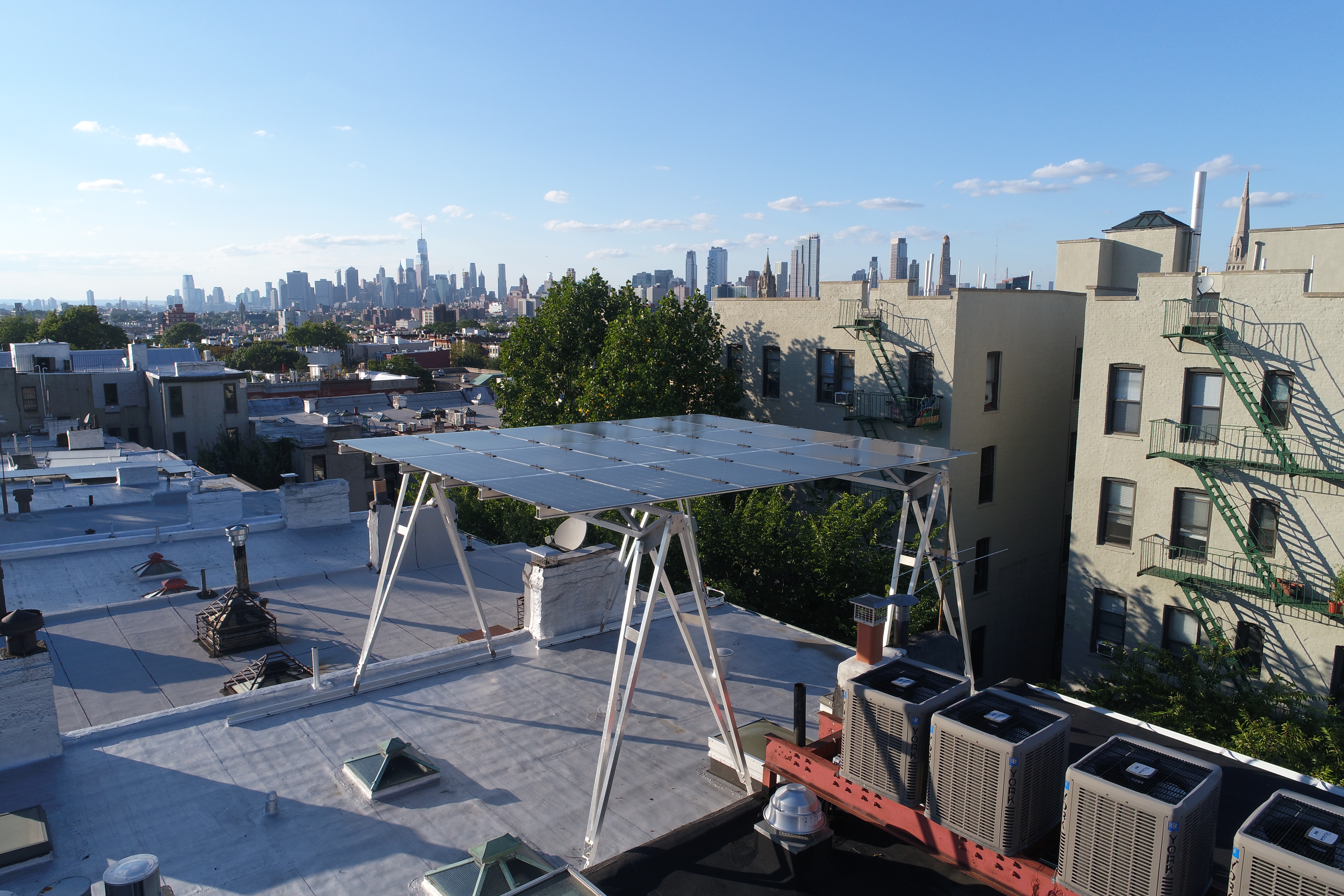George Bush Wants My Family to be Homeless
We have to admit we’ve been trying our best to block out the news over recent weeks of President Bush’s proposal to do away with the home mortgage deduction–we get a pit in our stomach whenever we think about it. Like many recent purchasers of homes in hot coastal markets (which, by no coincidence are…
We have to admit we’ve been trying our best to block out the news over recent weeks of President Bush’s proposal to do away with the home mortgage deduction–we get a pit in our stomach whenever we think about it. Like many recent purchasers of homes in hot coastal markets (which, by no coincidence are teeming with Liberals), elimination of this tax break would have a fairly drastic effect on our ability to stay in our home.
The pundits are talking about how such a change would bring home values down by 10-20%, but we think they are only taking into consideration the change in demand; in markets like New York, where many people have stretched over recent years to buy a home, the result could be much more dramatic on the supply side, as thousands of families could find themselves in the position of being forced sellers. The definitions of “rich” used to set the minimum hurdle rates for the small deductible portion of a mortgage that would remain are woefully out-of-whack with reality in cities like New York where most people spending $1 million on a home are far from wealthy. The larger impact on the economy–from a decline in real estate tax revenue to population decline–could be devastating under that scenario.
Let’s say someone earning $180,000 a year ($15,000 a month pre-tax, maybe $9,000 a month after) purchased a house at some point in the last few years for $1,250,000, putting down $250,000 and taking a $1 million mortgage. Let’s also say she’d gotten a 6%, 30-year mortgage, making her monthly payment roughly $6,000. For the sake of simplicity, let’s say taxes and maintenance, etc., add up to another $1,000.) Under current rules, her after-tax housing expense would be more like $5,000 than $7,000; the proportions get even more extreme if she has some rental income–maybe $3,500 versus $5,500. The difference in what’s left over to pay for groceries, utilities, tuitions, etc. is $5,500 versus $3,500–huge when you’re talking about a family of 4 or 5.
Now, we don’t think there’s any defensible intellectual reason that home ownership should enjoy the privileged status it does in our tax code, but to change the rules of the game at this point when millions of people have made the largest financial decision of their lives based on one set of ground rules would be a bait-and-switch of monster proportions. Some experts say the chances of these changes getting through are low, but, in the meantime, we’re going to have to go back to living in denial. The alternative is too much of a downer.
Goodbye, My Sweet Deduction [NY Times]





To soften the blow, the panel proposed to phase the change in over five years. But as home buyers across the country were forced to cut back on the value of homes they could afford to buy, they would inevitably drag home prices down.
As some earlier posters said, all of this is just speculation: the grandfathering, the 5 – 10 year roll-out, any changes at all, in fact, are all up in the air at the moment.
It is my opinion that this is never going to happen. Bush does not want it to happen. Congress does not want it to happen. Powerful lobbying groups do not want it to happen. The public does not want it to happen. It would have a domino effect that would reach far and wide and affect banks, lenders, insurers, home builders & home owners directly as well as many other industries indirectly.
Bush wants to simplify taxes but he never expected to hear his panel recommend doing away with current mortgage interest and prop tax deductions, which, the panel has found, is tied so tightly around simplifying tax code that the two cannot be separated. This is going to be dropped, like Social Security reform, and he will move onto the lowest hanging fruit of this tax-trifecta—permanently abolishing the estate tax.
we’re destroying each other?
I bought my first apartment in these heady times and even so, I’m favor of a downturn in this market. I grew up in NYC and thus have lived here for almost 30 years. It burns me that people are buying real estate for speculation purposes only — that’s what’s going to kill Brooklyn in the end if there isn’t some kind of change. We make all this talk about how it’s Bush or Bloomberg or whoever who is screwing us over, but it’s not taxes and it’s not Ratner who is raising the rent or making neighborhoods impossible to afford. LOOK AT YOUR NEIGHBOR who is putting in some new windows and getting a paint job and then trying to sell you the old apartment for an extra $50k. We’re destroying each other by playing the stock market in our homes — put your money in stock and gamble that way. If we complain about how much real estate costs and how we can’t afford our mortgages, we only have ourselves (and let me put a dig in here, Corcoran) to blame.
As I understand interest deduction from a mortgage is exempt from the AMT. In regard to home ownership related deductions, the AMT only stops one from deducting property taxes.
No, the idea of investing in stocks is not to live off the dividends (apart from what used to be called “widows’and orphans'” stocks because of their reliable dividend streams), but to make money on increases in the stock price — protected (like real estate) by capital gains rules that reduce the tax rate after a certain time.
Just a little sarcasm, silly…
and people wonder why they are not liked…
that’s fine, I’ll just increase the rent for the tenants. Mooo Haaaa Haaaaa Haaaaaa!